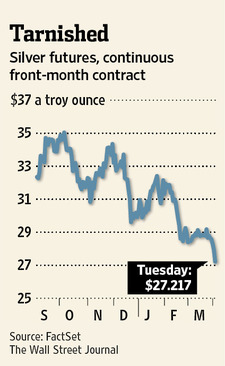April 2, 2013 6:23 pm
Inside Business: Asia royalty rises provoke investor fury
Dramatic hikes viewed by many as worrying trend to remove funds from emerging markets
By Jeremy Grant
If you are a fund manager investing inAsia’s emerging markets, one way to gain exposure is by holding shares in a multinational company’s locally listed subsidiary.
Want some concrete action in India? Buy shares in Ambuja Cements, a Mumbai-listed company controlled by Holcim, the Swiss cement maker.
How about shampoo in Indonesia? Simple. Buy a chunk of Unilever Indonesia, which has been listed on the Jakarta stock exchange since 1981.
For years, this arrangement worked well for fund groups such as Aberdeen Asset Management and Arisaig Partners, a Singapore-based boutique investor with a focus on the consumer companies that are such a big part of the emerging market growth story. Unilever Indonesia made sales of $2.6bn last year from selling Dove soap, Surf detergent and Wall’s ice cream across the country’s vast archipelago. Its market capitalisation makes it one of Asia’s biggest companies. It is also highly profitable. Net profit has risen every year bar one since 1999, hitting $432m in 2011 – the last year for which figures are available. Dividends have rolled in nicely.
However, in the past few months, this neat way of investing in emerging markets has been upset. A chorus of funds is furious that Unilever and Holcim, as parent companies, have recently decided to take much bigger royalty payments from their Indonesian subsidiaries. Similar noises have been made in India where the two companies are also seeking higher royalty payments. Royalties are levied by multinationals on local units to recoup the cost of providing “shared services” – research and development, marketing, branding and so forth. But changes to royalties are not unusual and are perfectly legal. Read more of this post







